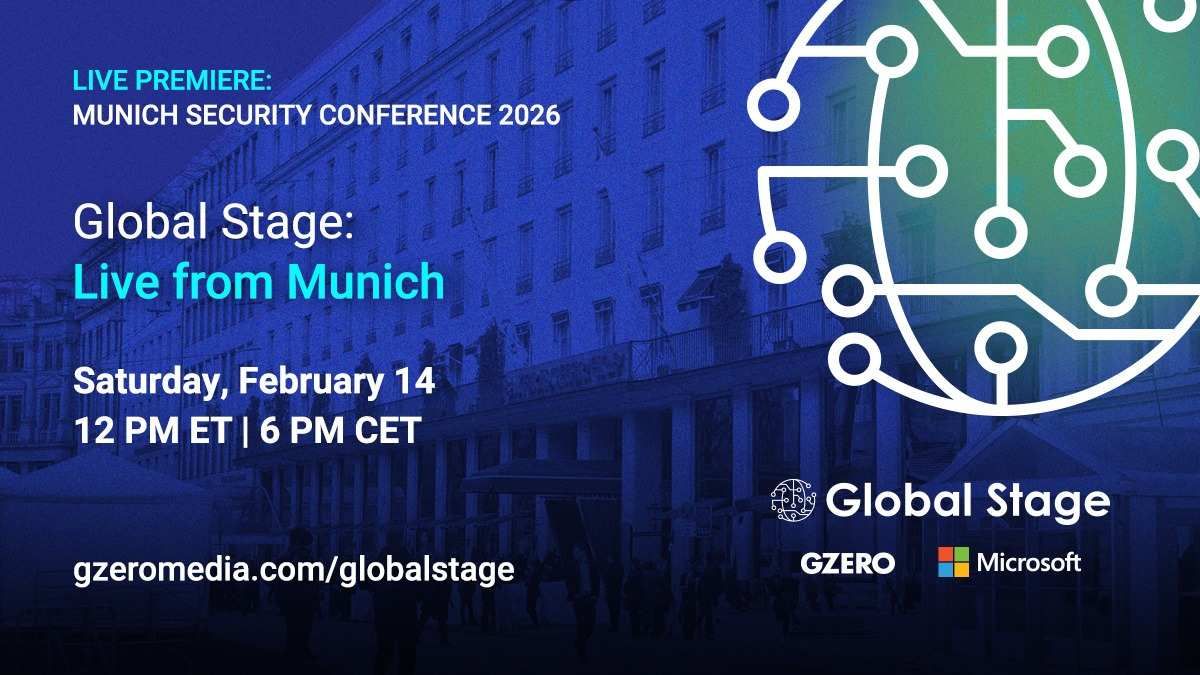News
June 20, 2018
68.5 million: Some 68.5 million people were recorded as forcibly displacedby persecution, conflict, or other forms of violence at the end of 2017, the largest number ever, according to the new report from the UN High Commissioner for Refugees. Despite all the political noise about migration in the developed world, 85 percent of the world’s refugees are hosted by developing countries.
3 million: Around three million Chinese tourists visit the United States each year, spending more money per trip on average than visitors from other countries. That makes travel the rare industry where the US enjoys a trade surplus with the People’s Republic. But as trade tensions between Washington and Beijing heat up, could Chinese vacations get cut short?
100: Starting this September, 100 percent of workers at bakeries, electronics stores, and furniture shops in Saudi Arabia will have to be Saudi nationals. Well, on paper at least. Crown Prince Mohammed bin Salman, who is pushing the quotas as part of his attempt to wean the Kingdom’s economy off its dependence on oil-funded largesse, is having trouble finding home-grown talent that’s willing to work in these positions.
39: Just 39 percent of Japanese adults use social networking sites, according to a recent Pew study, the lowest of any advanced economy. The report found that a median of 60 percent of people across 17 more affluent countries used online social networks in 2017–18. In 19 developing countries, median use was 53 percent, up sharply from just 34 percent half a decade ago.
37: A band of Afghan peace marchers arrived in the country’s capital, Kabul, on June 18 after walking for 37 days to demand an end to the Afghan war. The journey concluded as the Taliban declared an end to a surprise three-day ceasefire coinciding with the Eid-al-Fitr holiday marking the end of Ramadan. It was the first-ever ceasefire in the country’s 17-year long war.
More For You
Tune in on Saturday, February 14th at 12pm ET/6pm CET for the live premiere of our Global Stage from the 2026 Munich Security Conference, where our panel of experts takes aim at the latest global security challenges.
Most Popular
Think you know what's going on around the world? Here's your chance to prove it.
- YouTube
At the Munich Security Conference, the mood is clear: Europe no longer assumes the United States will lead. In this Quick Take, Ian Bremmer reports from Munich, where this year’s theme, “Under Destruction,” reflects growing anxiety that the US itself is destabilizing the transatlantic alliance it once anchored.
Every year, the Munich Security Conference, the world’s leading forum on international security, releases data that sheds light on how citizens view global risks.
© 2025 GZERO Media. All Rights Reserved | A Eurasia Group media company.
